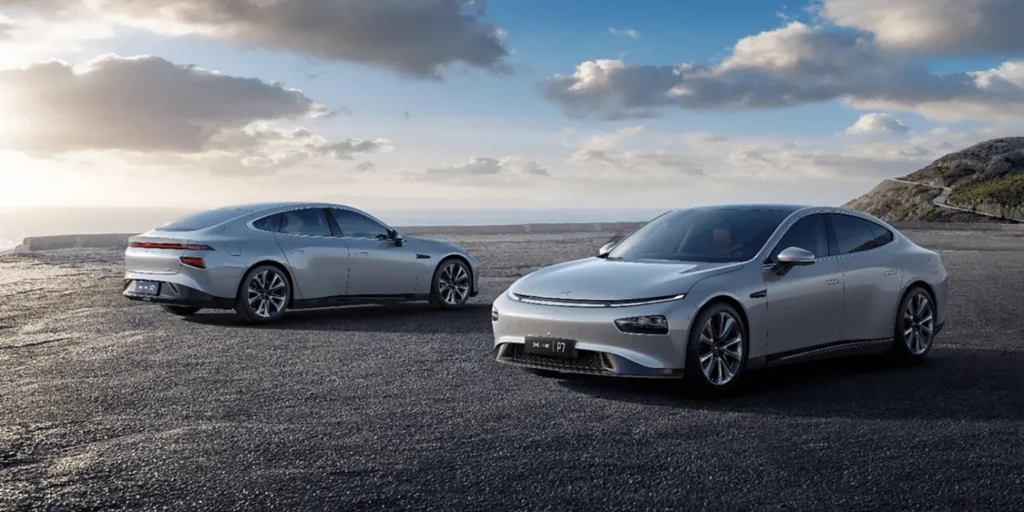- Web
- Feb 05, 2026
Chinese EV promotions intensify competition, posing threats to European market
-

- Web Desk Karachi
- Feb 12, 2025

BEIJING: A number of Chinese electric vehicle (EV) manufacturers have initiated various promotions during the Lunar New Year holidays, including improved financing options, in a bid to stimulate lagging sales.
As the Year of the Snake begins, these companies are rolling out aggressive marketing strategies to help boost deliveries during this festive period. Such incentives could heighten competition in the EV market, not only in China but also across Europe.
With consumer spending on large purchases declining in China, there are growing concerns about the ability of local car firms to sell their inventory. This situation has been exacerbated by the rising cost of living and broader economic uncertainty faced by consumers.
As part of its Lunar New Year promotion, Tesla has introduced a five-year zero percent interest financing plan along with an 8,000 yuan (€1,061) insurance subsidy for the Model 3, the company’s most affordable model. Customers who make a down payment of about $11,000 (€10,671), which constitutes roughly 34 percent of the vehicle’s price, can expect the Model 3’s basic version to be nearly $1,000 (€970) cheaper than its current price if they opt for this financing option. Those who can only make a smaller down payment will incur interest costs.
Additionally, Tesla had earlier announced a similar financing plan for its latest Model Y in China in January, with deliveries slated to begin in March.
Xpeng Motors, known simply as Xpeng, has also removed the down payment requirement for its five-year 0 percent interest financing plan across four models. This follows the company’s December decision to eliminate the down payment for its G6 SUV, one of the four models included.
Chinese EV maker BYD launches Seal and Atto 3 in Pakistan
Likewise, Nio has introduced its own five-year zero-interest financing plan for February, expanding on the three-year plan it offered in January, after experiencing a significant drop in sales that month.
The demand fluctuations throughout the seasons have affected several Chinese EV manufacturers, and these promotions are viewed as strategies to increase sales and draw customer interest without resorting to price cuts.
In January, the Chinese government also announced a subsidy of 81 billion yuan (€10.7 billion) aimed at boosting sales of electric vehicles, home appliances, and smartphones during the Lunar New Year holiday.
Regarding the potential impact on the European EV market, while the Chinese EV sector may currently be experiencing a slowdown, it remains significantly more competitive than its European counterpart, with many new entrants emerging every year. Adequate support in sourcing lithium batteries—essential for electric vehicles—alongside generous government subsidies, has accelerated China’s transition to electric mobility.
Several Chinese EV companies have begun expanding internationally and making their presence felt in European markets, offering more affordable vehicles with appealing designs and features. Consequently, these new promotional strategies are likely to intensify the competitive pressure on European EV manufacturers, even if these measures are short-lived.
Although the European Union has instituted higher import tariffs on Chinese EVs to address concerns about unfair government subsidies, many manufacturers have shifted focus to hybrid vehicles in order to maintain or grow their market share in Europe. As a result, the EU’s current tariffs may not have the negative impact that was initially expected.




